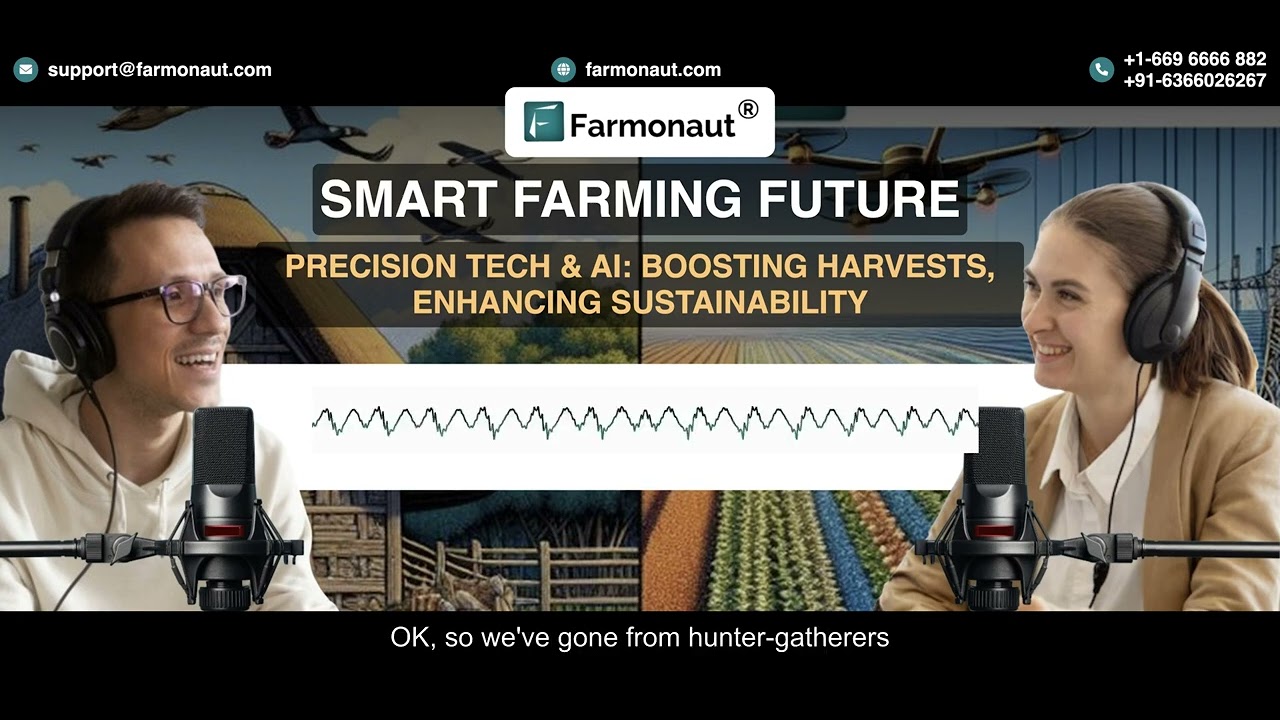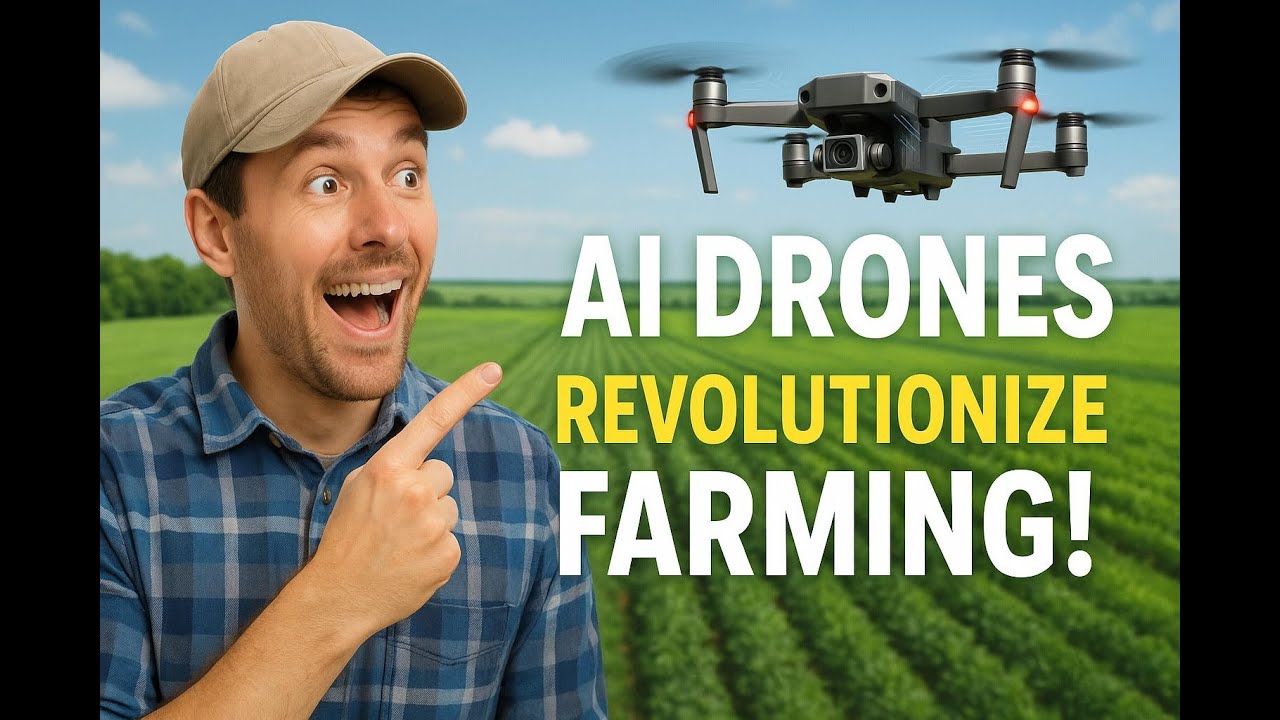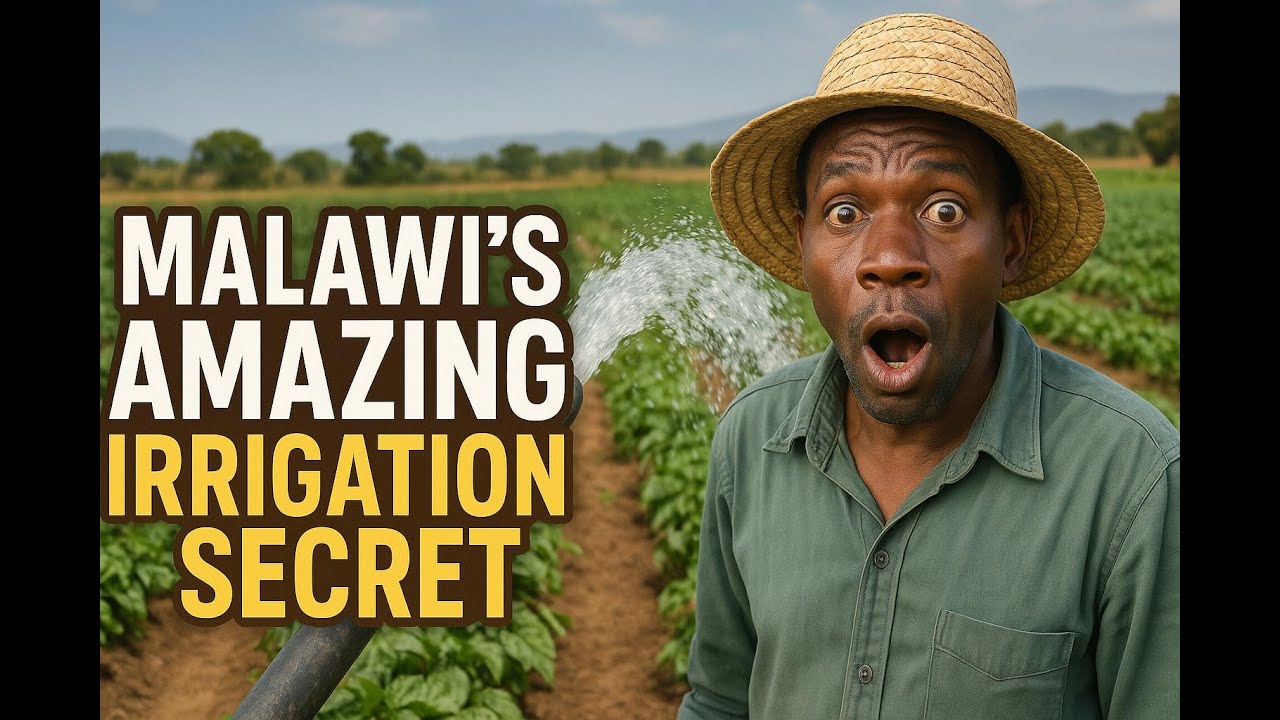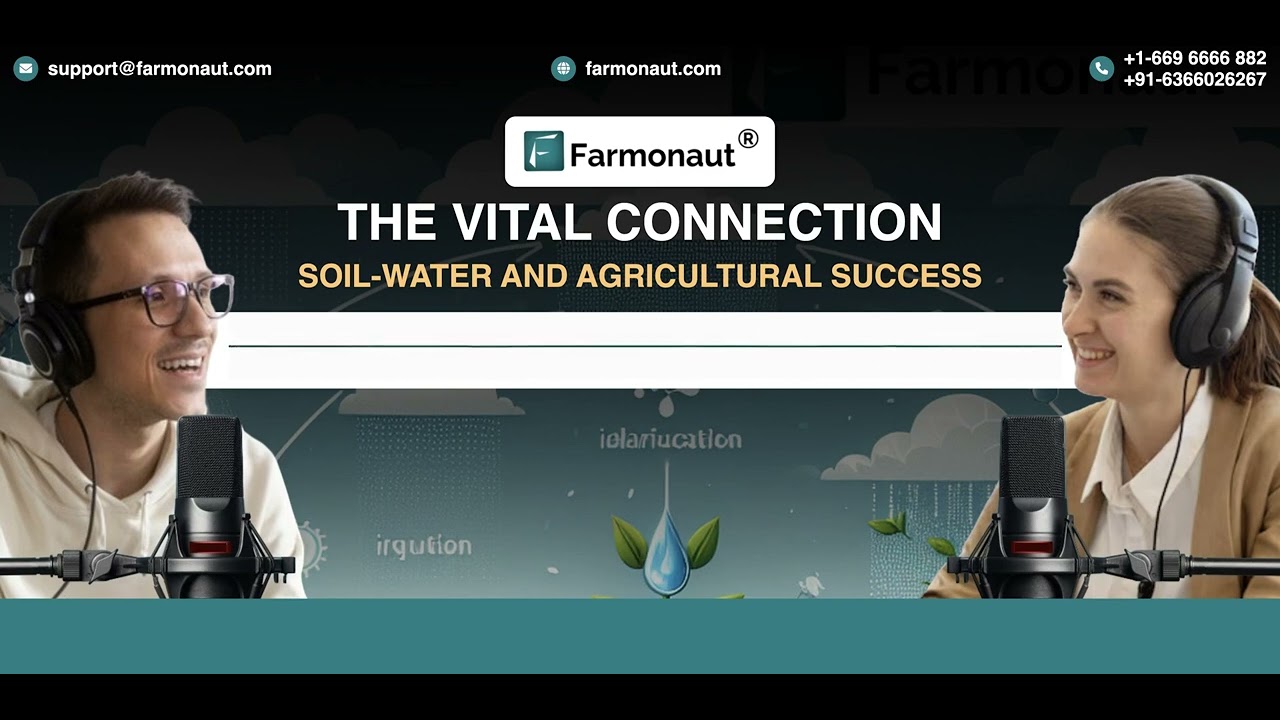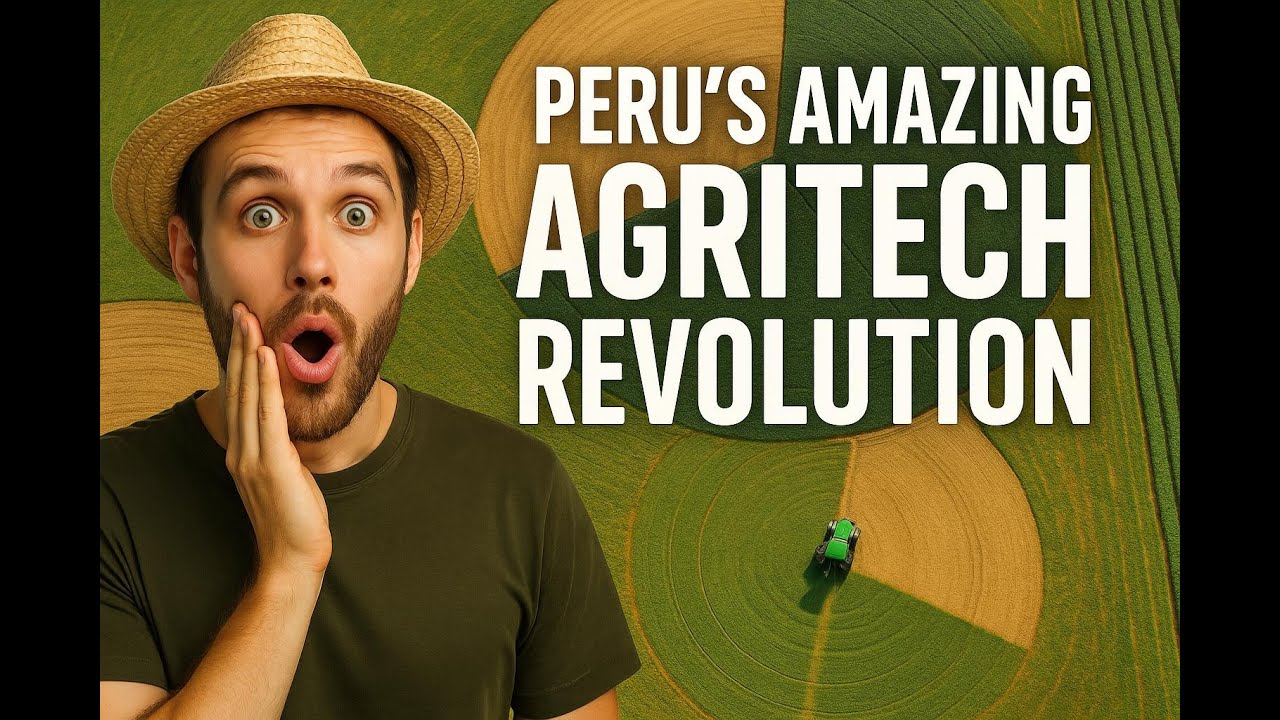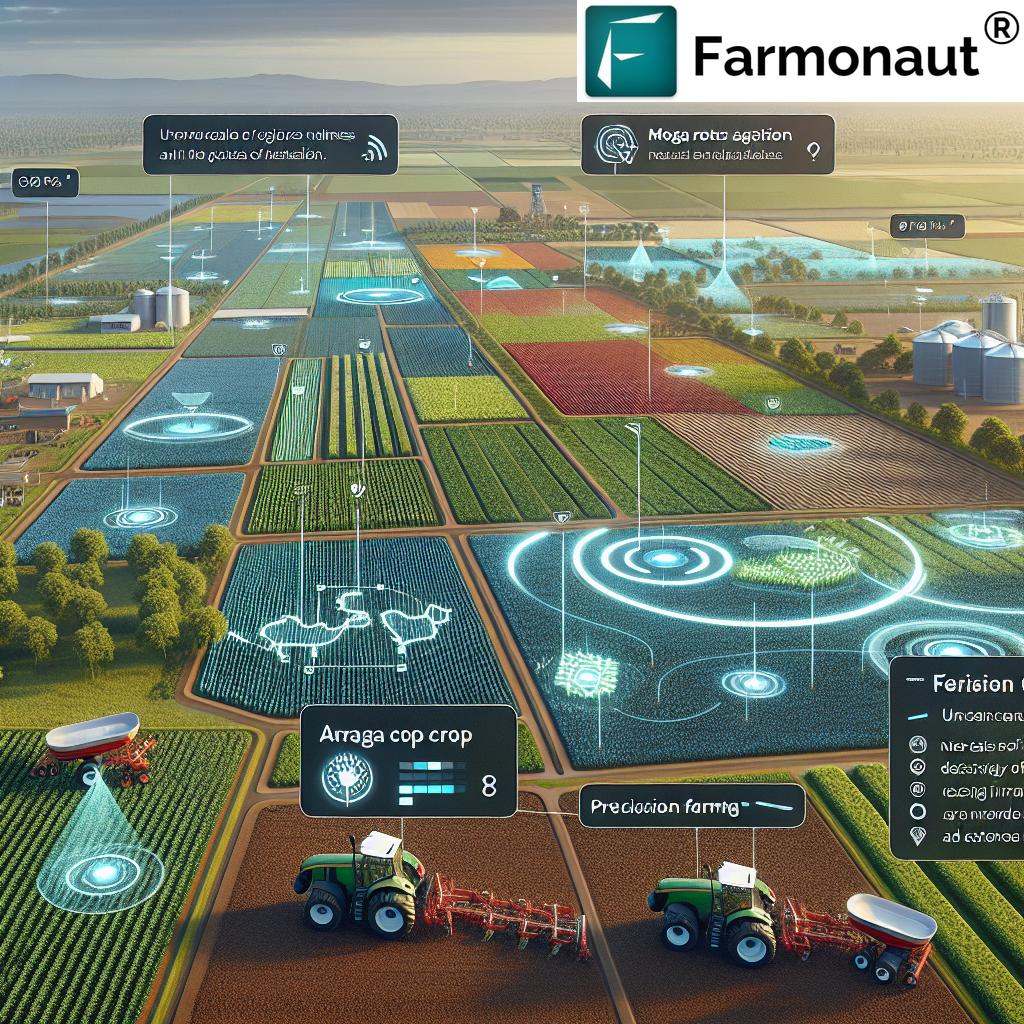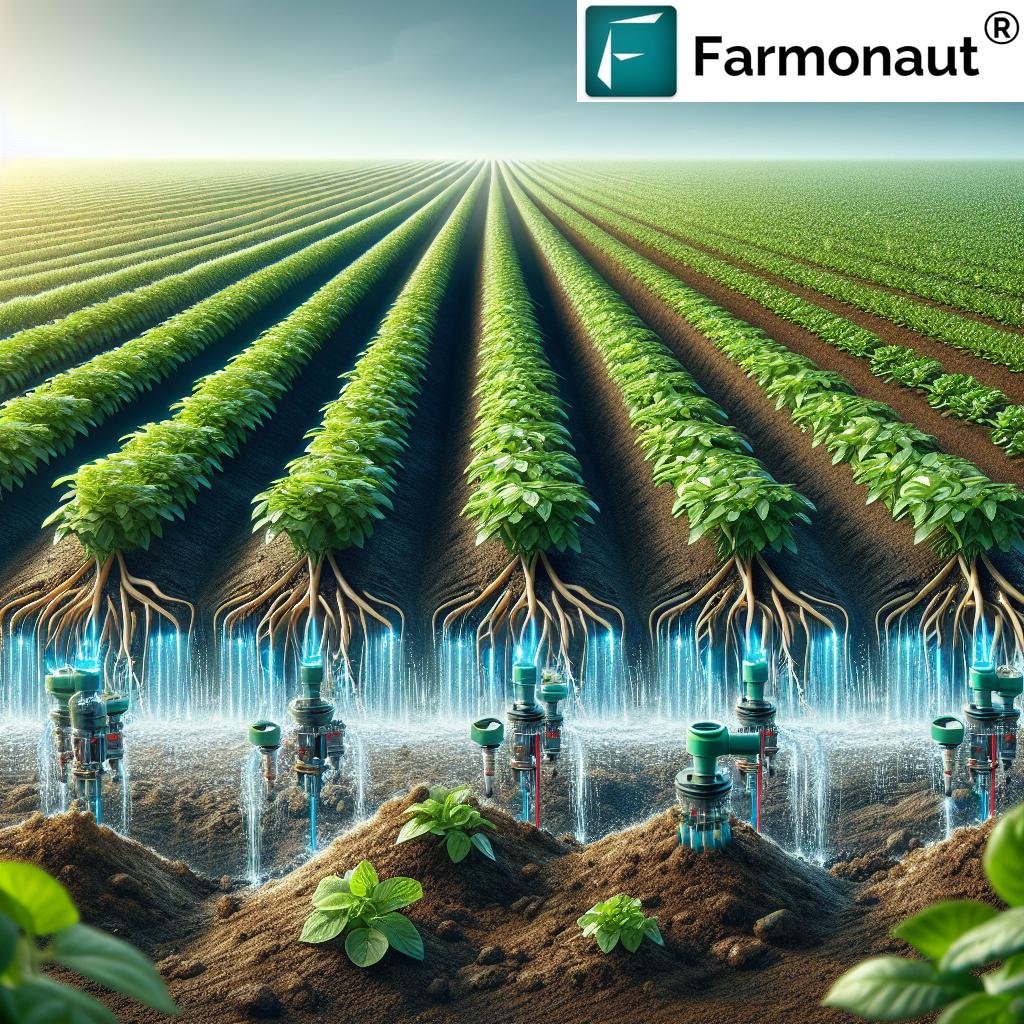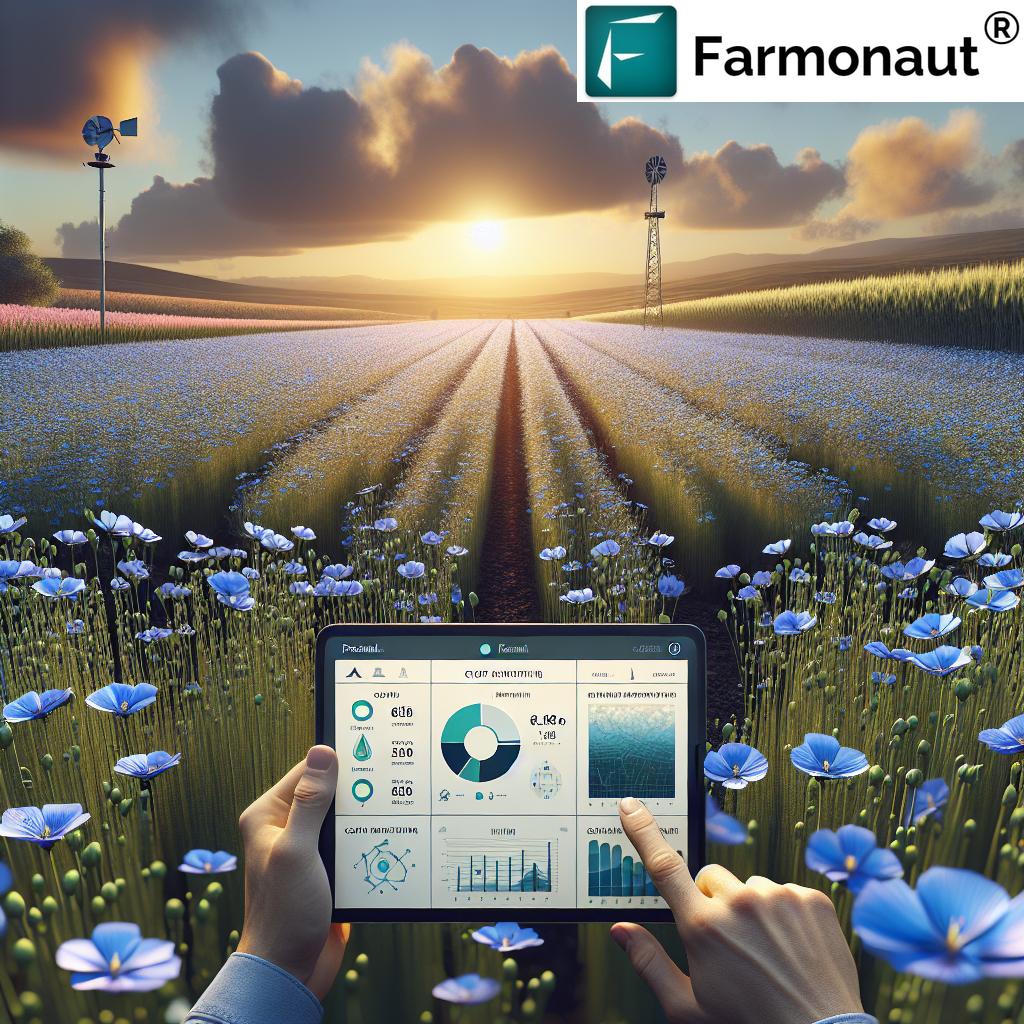Best Sprinkler Controllers 2026 | Smart WiFi Controller for Efficient Water Management
Meta Description:
Best Sprinkler Controllers 2026 – Discover the top smart WiFi sprinkler controllers & how advanced irrigation tech in 2025 optimizes water use, maximizes yields, and drives sustainable agriculture.
Efficient Water Management in Agriculture: The Role of Advanced Sprinkler Controllers in 2025
Water management remains critical in agriculture, especially amid growing concerns over climate variability and increasing water scarcity. Efficient irrigation drives higher crop yields, reduces waste, and supports sustainable practices. In 2026, advanced sprinkler controller technologies are revolutionizing how farmers manage water—making irrigation smarter, more precise, and highly efficient.
Among these solutions, WiFi sprinkler controllers and IoT-connected systems stand out, enabling remote monitoring, live adjustments, and integration with weather and soil data. By the end of 2025, smart sprinkler controllers helped optimize irrigation across over 4 million acres of global farmland.
The Critical Role of Sprinkler Controllers in 2025 and Beyond
Modern agricultural practices demand solutions that address challenges such as water scarcity, unpredictability in weather, and the necessity for sustainable growth. Traditional irrigation often leads to water waste and inconsistent distribution. By introducing sprinkler controller, best sprinkler controllers, water sprinkler controllers, and wifi controller sprinkler technology, farmers can finally strike a balance between productivity and conservation.
Key agricultural challenges in 2025:
- Extreme climate variability causing unpredictable rainfall and drought patterns
- Increasing scarcity of freshwater for irrigation
- Growing demands for sustainable and precision agriculture
- Rising energy costs and need for operational efficiency
Smart irrigation management is rapidly replacing traditional sprinkler timer controller setups, with automated, sensor-integrated, and WiFi-operated systems leading the way.
Trivia! “Smart sprinkler controllers helped optimize irrigation across over 4 million acres of global farmland by the end of 2025.”
Evolution of Sprinkler Controller Technology: From Timers to Intelligent Solutions
The journey from simple sprinkler timer controller units to highly advanced, smart WiFi sprinkler controller solutions reflects the broader technological evolution in agriculture.
A Quick Comparison of Controller Types
- Traditional Sprinkler Timers: Manually set schedules. Lack adaptability; cannot react to weather or soil data. Often result in wasted water.
- Electronic/Programmable Controllers: Allow flexible scheduling, but still require on-site adjustments. No real-time data integration.
- WiFi & IoT-Enabled Smart Controllers: Integrate weather forecasts, soil moisture sensors, crop growth stages, and offer remote management via mobile/desktop apps. Provide the highest water-use efficiency and precision.
In 2025–2026, best sprinkler controllers are designed to meet the detailed needs of precision agriculture, offering automated, integrated irrigation management that responds in real time to changing field conditions.
Key Features of the Best Sprinkler Controllers 2026
What Makes a Sprinkler Controller “Best” in 2026?
- WiFi Connectivity: Enables remote access and instant schedule changes via smartphones, tablets, or computers; perfect for large and distributed agricultural fields.
- Integration with Sensors: Smart controllers integrate with weather stations, soil moisture and temperature sensors, providing precision-based irrigation.
- AI-Driven Scheduling: By analyzing historical weather data, soil moisture, and crop parameters, the system automatically adjusts watering schedules for each field zone or crop type.
- User-Friendly Apps and Cloud Management: Apps provide real-time alerts, data analytics, control over multiple farm zones, and historical irrigation reports—crucial for compliance and optimal resource management.
- Multi-Zone Support: Most advanced controllers in 2025–2026 support up to 24 or more irrigation zones, accommodating diverse field requirements.
- Durable, Weatherproof Design: Made for tough outdoor environments; controllers are built to withstand dust, moisture, and harsh temperatures.
- Water Savings and ROI: Equipped with water optimization features that can save up to 35% water annually and offer a fast Return on Investment through energy and labor savings.
Why WiFi Sprinkler Controllers Are Essential for Modern Agriculture
The adoption of wifi controller sprinkler systems transforms irrigation management in several powerful ways:
- Remote Monitoring & Control: Adjust watering schedules instantly—pause cycles during unexpected rain events or shift timings based on cooler weather—all without physically being on-site.
- Real-Time Data: Receive updates on water usage, pump status, and field conditions.
- Responsive Irrigation: Water only when necessary, reducing overwatering and preventing erosion and nutrient leaching.
- Seamless Integration: Connect with farm management, crop advisory, and weather data platforms for an intelligent, all-in-one solution.
In summary, a wifi sprinkler controller is a must-have component on every farm moving towards sustainable, data-driven productivity in 2025 and 2026.
Optimize Resource Movement with Fleet Management
Managing irrigation teams or machinery fleets? Discover Farmonaut’s fleet management solution for agriculture. Track vehicle location, schedule maintenance, and reduce operational costs—all by leveraging satellite insights and live analytics. Keep your irrigation equipment & teams optimized and efficient.
Cloud & IoT Integration: The Future Backbone of Irrigation
- Internet of Things (IoT) Capabilities: Connects distributed field devices such as soil moisture sensors, flow meters, weather stations, and control valves so that the system works as a holistic network.
- Cloud Management: Syncs irrigation data across all zones—farmers can monitor and respond to conditions across large agricultural holdings in real time.
- Automated Data-Driven Adjustments: No more guesswork! AI analyzes parameters such as evapotranspiration rates and actual soil moisture content to adjust schedules for optimal crop hydration.
- Farm Compliance & Reporting: With advanced controllers, you can generate reports on water use, savings, and compliance documentation for authorities directly from the dashboard.
Track Carbon Impact with Farmonaut
Want to further enhance sustainability? Explore Farmonaut’s carbon footprinting solutions—monitor emissions from irrigation and farming, comply with regulations, and take data-backed climate action by reducing environmental impact.
Feature Comparison Table for Smart WiFi Sprinkler Controllers (2025–2026)
Choosing the best sprinkler controllers for your needs can be overwhelming. The table below compares leading water sprinkler controllers by connectivity, sensors, app features, ROI, and more—so you can decide with confidence.
| Brand/Model | Connectivity | Zones Supported | Mobile App Features | Weather Integration | Est. Water Savings (%) | Smart Scheduling | Ease of Installation | Price Range (USD) | Est. ROI Period (Months) |
|---|---|---|---|---|---|---|---|---|---|
| HydroTech SmartMax 12 | WiFi, Bluetooth | 12 | Real-time alerts, scheduling, support for farm zones, data analytics | Yes | 30–35% | Yes | Intermediate | $300–$400 | 12–16 |
| AquaSense ProX 24 | WiFi, Cellular | 24 | Remote control, local soil & weather data, compliance reporting, multi-language support | Yes | 33–39% | Yes | Advanced | $600–$800 | 10–14 |
| GreenSpray NetIQ 8 | WiFi | 8 | Simple schedule, water use reports, weather events pauses | Yes | 25–32% | Yes | Basic | $200–$250 | 16–18 |
| IrrigaCloud AgMaster 16 | WiFi, Ethernet | 16 | Crop stages input, remote manual overrides, historic analytics | Yes | 29–36% | Yes | Intermediate | $480–$600 | 11–15 |
| BlueHarvest WiConnect 20 | WiFi, Bluetooth, IoT | 20 | Zonal management, threshold alerts, API integration, cloud sync | Yes | 32–37% | Yes | Advanced | $700–$950 | 9–13 |
Data based on leading models available in 2025–2026 for commercial agriculture.
How Satellite & AI Enhance Sprinkler Controller Efficiency (Farmonaut Perspective)
As a satellite technology innovator, we at Farmonaut witness first-hand how combining AI, multispectral imagery, and blockchain with advanced irrigation management transforms farming outcomes.
Our satellite-based monitoring services support smarter irrigation by:
- Offering accurate, field-level soil moisture, vegetation, and weather data delivered through our web and mobile platforms
- Empowering wifi sprinkler controller users to automatically adjust or schedule irrigation based on the latest satellite and AI insights
- Improving resource management through large scale farm management solutions—where operations are monitored via AI and satellite data for compliance, savings, and yield gains
- Ensuring compliance and transparency through blockchain traceability, fuelled by verified irrigation data
Our technology ecosystem is designed for both individual growers and large enterprises to optimize water, energy, and inputs for top productivity and lower costs.
Learn more about product traceability for agriculture using blockchain—secure your supply chain, meet buyer requirements, and strengthen consumer trust with easy-to-integrate digital solutions.
Integration with Weather, Soil, and Environmental Data for Adaptive Irrigation
The best sprinkler controllers for 2026 are no longer isolated devices. By integrating real-time weather forecasts, satellite-driven soil moisture indices, crop growth models, and even market demand trends, today’s smart controllers enable growers to:
- Automatically adjust watering schedules to prevent irrigation during rain or cooler periods
- Minimize leaching and soil erosion by watering precisely when needed
- Provide tailored hydration according to crop type, phenology, and root zone depth
- Respond to evapotranspiration rates to prevent crop stress or loss
For example, with instant alerts from a controller app, a farmer in Punjab, India, could pause all irrigation cycles during a sudden monsoon event—averting overwatering and unnecessary energy consumption across hundreds of hectares.
Did you know? Satellite and sensor-driven scheduling can increase average irrigation efficiency to well above 80%—far outperforming manual approaches, especially on large agricultural operations.
Economic and Environmental Benefits of Smart Sprinkler Controllers in 2025–2026
- Water Conservation & Cost Savings: Smart irrigation systems reduce both water usage and energy/fuel costs by irrigating only when and where needed. Many users see utility bill savings within the first year.
- Yield Optimization: Optimal, stress-free watering supports healthier crops and higher yields—essential for meeting the demands of global food security while maintaining profitability.
- Regulatory Compliance: Integrated documentation makes it easy to comply with water use regulations—a rising concern as authorities tighten controls due to climate and resource pressures.
- Labor Savings & Less Manual Intervention: Automated scheduling and remote app control greatly reduce the need for on-site labor.
- Environmental Impact Reduction: By reducing overwatering, limiting runoff, and monitoring soil health continuously, advanced controllers play a key role in responsible stewardship of land and water.
Protect Your Investment: Farmonaut Crop Loan & Insurance Verification
Need to secure loans or insurance for your crops? Farmonaut’s satellite-based crop loan and insurance verification enables banks, farmers, and insurers to quickly verify crop health, area, and irrigation status—accelerating approvals and reducing fraud, especially for large scale irrigation projects using wifi sprinkler controller technology.
Adoption Trends & Global Impact in 2025 and Beyond
Sprinkler controllers—especially WiFi-enabled—are rapidly becoming indispensable components of modern, efficient farms across Asia, the Americas, Europe, and Africa.
Many agricultural enterprises have adopted these systems to meet not only rising productivity targets but also stricter environmental standards:
- Integration with national water management and compliance platforms for easy reporting and benchmarking
- Use in sustainable, regenerative agriculture models—enabling holistic water-soil balance and net-zero water use goals
- Partnerships with input providers and food brands to prove sustainable sourcing of products
- Increasing demand for API integration: Major developers, agri-platforms, and sensor manufacturers now use APIs (see also developer documentation) to access live field data, boosting compatibility across the smart irrigation ecosystem.
The pace of adoption is only set to accelerate as climate pressures mount and more governments incentivize the transition towards intelligent irrigation management.
Frequently Asked Questions — Best Sprinkler Controllers & Smart WiFi Controller Technology
What is a sprinkler controller and how does it improve irrigation efficiency?
A sprinkler controller automatically manages the timing, duration, and frequency of water distribution through your sprinklers. The latest models use AI, weather forecasts, and soil moisture sensors to deliver precise water only when needed—saving water, reducing costs, and improving yields.
How do WiFi sprinkler controllers differ from traditional timer controllers?
Traditional timer controllers rely on fixed, manual schedules and can’t respond to changes in field conditions. WiFi sprinkler controllers allow remote operation from smartphones or computers, sync with weather and sensor data, and automate schedule adjustments in real time, making them far superior for modern agriculture.
Can a smart sprinkler controller integrate with soil, weather, and crop data?
Yes! The best sprinkler controllers in 2025–2026 offer deep integration with weather forecasts, soil moisture sensors, crop models, and IoT farm management systems for intelligent, condition-based irrigation.
What is the average ROI for upgrading to a smart WiFi controller sprinkler system?
ROI depends on field size, climate, and water cost. Most farmers experience full payback within 9 to 18 months due to water savings, energy efficiency, and labor reduction.
How can I further improve sustainability beyond smart irrigation?
Combine smart irrigation with carbon monitoring and traceability: Use carbon footprinting tools and traceability solutions to reduce environmental impact and prove your sustainability credentials.
How can I remotely monitor and manage multiple farm plots?
For multi-zone and multi-location management, applications like Farmonaut’s mobile/web app provide live monitoring, AI-driven irrigation advice, and integration with both satellite and IoT field data.
Subscribe Now: Farmonaut’s Affordable Monitoring & Advisory Packages
Ready to take control of your irrigation and resource management? Explore our scalable, subscription-based solutions for individual farmers, agribusinesses, and government agencies.
- Real-time, AI-backed field monitoring across web, Android & iOS
- API integration for advanced controllers and farm management platforms
- Flexible pricing for small to large-scale operations
- Support for compliance, traceability, and sustainability goals
Conclusion: A Smart and Sustainable Future with the Best Sprinkler Controllers
As agriculture faces unprecedented climate and resource challenges in 2026 and beyond, advanced sprinkler controllers—especially WiFi-enabled smart controllers—are no longer a luxury but a necessity for farms.
They allow precise, adaptive management of watering across diverse field conditions—propelling the industry towards sustainability, resilience, and innovation. By investing in the best sprinkler controllers—and integrating them with AI, satellite insights, and comprehensive data platforms—farmers future-proof their operations against risk, resource scarcity, and changing regulations.
Efficient irrigation is the foundation of profitable, environmentally responsible food production. The next step? Join the transformation—adopt smart sprinkler solutions and let your farm thrive in the data-driven future of agriculture!



